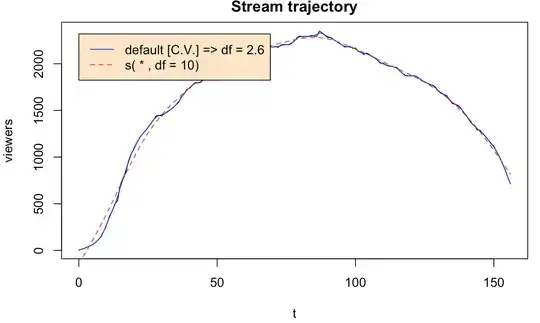I assessing the impact of anti-collusion laws on dependent variables $Y_{it}$ across the country by using generalized DiD.
The identification is:
$Y_{it}$ = $\alpha$ + $\beta$ $(pt)_{kt}$ + $\delta$$X_{ikt}$ + $\theta$$_t$ + $\gamma$$_i$ +$\epsilon$$_{it}$
where i, k, and t index firms, countries, and years respectively. $X_{ikt}$ is a vector of the different firm, country, and industry controls, while $\gamma$ and $\theta$ are firm and year fixed effects. $(pt)_{kt}$ is the $post \times treat$ variable.
The result is
The 6 columns all use firm and year fixed effects, if not stated elsewhere. In column (1), I did not control for any independent variables. In column (2), I control for some firm and country independent variables. In column (3), I control for firm, country, and industry variables. In column (4), I control for country and firm independent variables along with firm and industry * year fixed effects. In column (5), I control for the country and firm independent variables along with firm and region * year fixed effects. In column (6), I control for some firm and country independent variables, similar to column (2) but without the U.S. firms.
I am wondering whether I can conclude that: anti-collusion laws, in general, have a weak but consistent negative impact on $Y$ ceteris paribus, on average in this situation?
